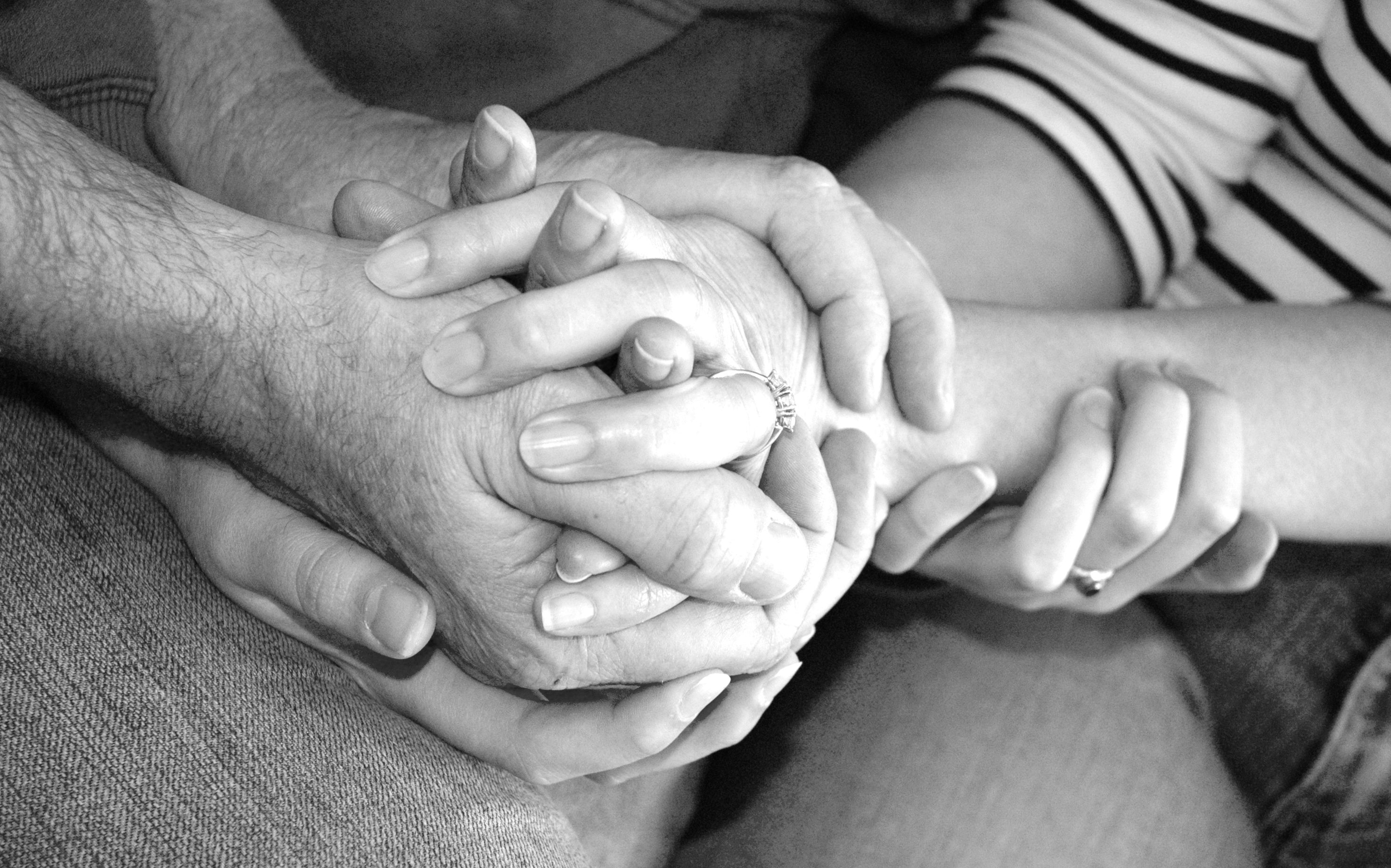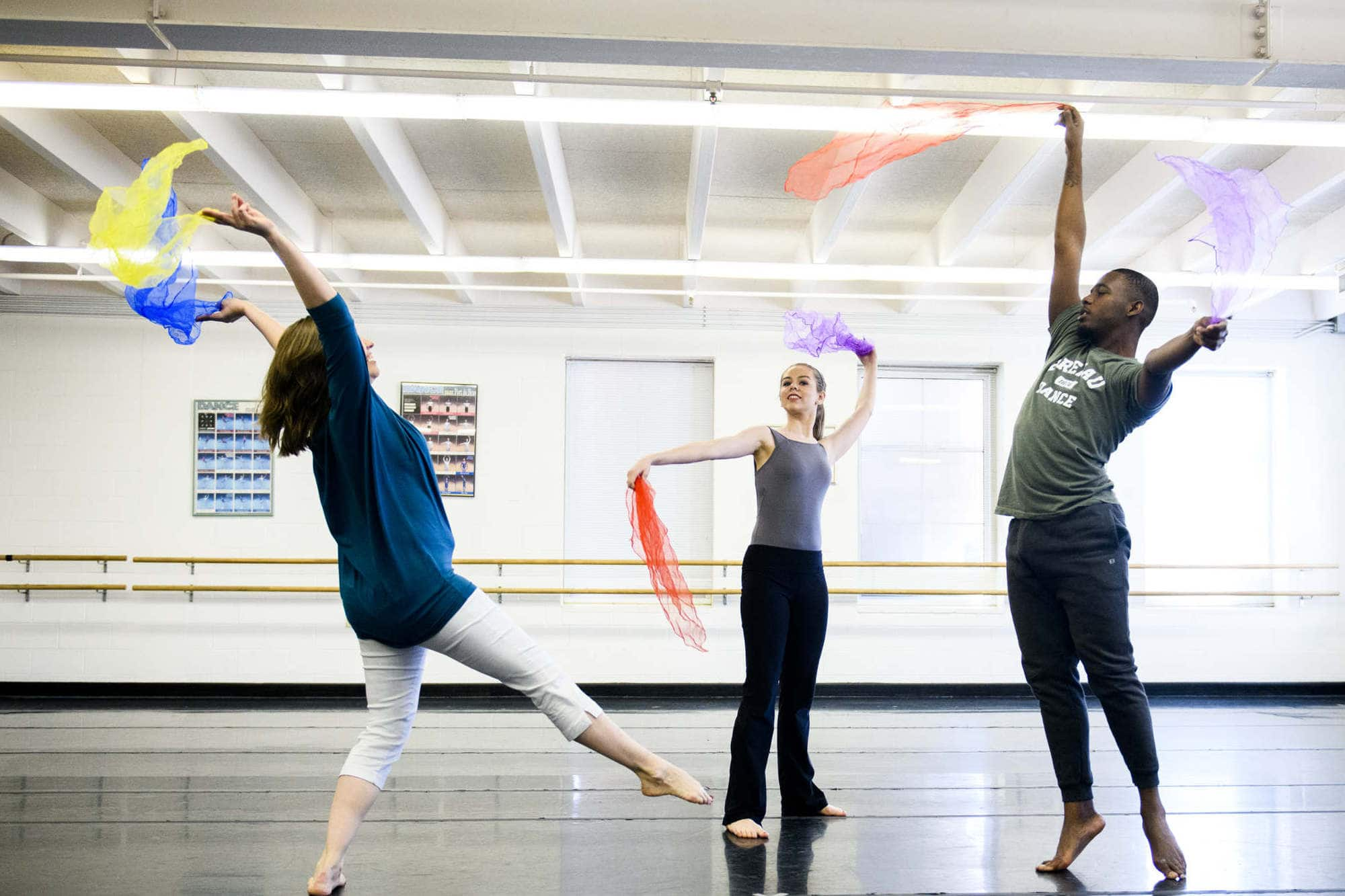Grief and loss are experiences that touch us deeply, pushing us into corners of sorrow we never knew existed. When we lose someone significant, it can feel as though the world has irrevocably changed, leaving us to navigate the challenging waters of grief. The grieving process can be overwhelming, filled with phases that one must traverse to find healing and solace. For those coping with loss, finding grief support becomes essential, offering pathways to understand and express the pain inherent in bereavement. Whether through counseling, community, or personal reflection, the journey of dealing with grief invites us to honor our loved ones while slowly rebuilding our lives.
The anguish of losing a loved one resonates on many levels, often described as a poignant form of mourning. When the inevitable strikes and we face bereavement, we are left to confront the stark reality of absence. Navigating through such emotional upheaval can feel isolating; however, support systems aimed at emotional recovery are crucial as we learn to embrace our sorrow. In this time of turmoil, individuals often seek methods to process their emotions, allowing them to gradually emerge from the shadows of despair. Ultimately, this exploration of grief’s landscape helps us find our footing once more.
Navigating the Grieving Process
The grieving process is often portrayed as a linear journey, yet it frequently resembles a complex labyrinth filled with emotional twists and turns. When faced with the loss of a loved one, the initial shock can render us numb, as if we are encased in a bubble of disbelief. The harsh reality of grief is that there is no singular way to navigate its depths; each person experiences it in their own unique manner. During this tumultuous time, it is vital to acknowledge and embrace the emotions that arise, whether it’s anger, sadness, or confusion. By permitting ourselves to get lost in the mourning, we pave the way for healing.
Coping with loss demands not only recognizing these feelings but also understanding that they often arrive in waves. The image of a pendulum swinging back and forth encapsulates this experience beautifully; one moment we may feel some semblance of normalcy, while the next we are engulfed by sorrow. During such times, it is essential to lean on grief support systems—friends, family, or professional organizations that specialize in bereavement support. Engaging in conversations about loss can help share the burden and validate the multifaceted experience of grief.
The Role of Grief Support
Grief support plays a fundamental role in the healing process, offering a lifeline to individuals experiencing devastating loss. Whether through formal counseling or community support groups, these resources empower grievers to share their stories and feelings in a safe and understanding environment. One of the most profound aspects of grief support is the opportunity to hear from others who have walked a similar path; this shared experience fosters a sense of connection that can truly alleviate feelings of isolation.
Additionally, grief support can provide practical tips and coping mechanisms for dealing with the intense emotions that accompany bereavement. Workshops or seminars often center on topics like mindfulness, healthy coping strategies, and recognizing the signs of complicated grief. These educational resources not only inform but also equip individuals with tools necessary to navigate their emotional landscape, paving the way for healing and renewal.
Understanding the Phases of Grief
Understanding the phases of grief can offer insights into the often turbulent journey following loss. Elisabeth Kübler-Ross famously identified five stages—denial, anger, bargaining, depression, and acceptance—that many experience. However, this model can be misleading as individuals may not progress sequentially through these stages; instead, they might move back and forth between them or even experience them simultaneously. This understanding helps normalize grief’s unpredictability, allowing people to process their feelings without judgment.
In addition to Kübler-Ross’ framework, researchers have also pointed out the importance of continuing to honor the loved one who has passed during each phase. Engaging in rituals, whether they be through memorial activities or personal reflection, can serve as a critical component of the grieving process. By actively turning our focus to cherished memories and the love that remains, we cultivate a healthier relationship with our grief and begin to find strength in our vulnerability.
Creating Space for Grief
Creating space for grief is essential for healing; it allows us to not only acknowledge our pain but also to express it in safe and meaningful ways. Many individuals find solace in personal spaces where they feel comfortable to reflect and mourn. This might involve crafting a dedicated area in their homes with photographs, mementos, or even blank journals to pour out thoughts and feelings. By intentionally designing these spaces, we can develop a sanctuary where our grief can breathe and evolve.
Moreover, physical spaces can be complemented by timed rituals to connect with grief continuously. Whether through annual remembrance days, candle lighting, or quiet moments of reflection, regular acknowledgment allows us to maintain an ongoing conversation with our loss. Each time we revisit our grief in these spaces, we remind ourselves of the love we shared, ensuring that even as we move forward, we carry our loved ones within us.”}]},{
Frequently Asked Questions
How can grief support help during the grieving process?
Grief support helps individuals navigate the complex emotions associated with loss by offering a safe space to express feelings, share experiences, and receive empathy from others who understand. Resources may include support groups, counseling, or literature on coping with loss.
What are effective methods for coping with loss?
Effective methods for coping with loss include allowing yourself to grieve, seeking support from friends or professionals, journaling your feelings, engaging in self-care activities, and creating rituals to honor the memory of your loved one.
What does the grieving process typically entail?
The grieving process typically entails several stages, including denial, anger, bargaining, depression, and acceptance. Each person experiences these stages differently, and it’s important to understand that grief is a personal journey that can fluctuate over time.
How can one deal with grief in a healthy way?
Dealing with grief in a healthy way involves acknowledging your emotions, seeking out support networks, being patient with yourself as you process your loss, and allowing time for healing. Avoid suppressing your feelings or isolating yourself from loved ones.
What is bereavement and how does it relate to grief?
Bereavement refers to the period of mourning and adjustment following the death of a loved one. It encompasses the emotional and physical responses to grief and the necessary time needed to heal and adapt after a significant loss.
Are there any resources available for those seeking grief support?
Yes, there are many resources for grief support, including local support groups, online forums, therapy services specializing in grief counseling, and books focused on coping with loss. Websites like the Compassionate Friends or grief.com provide additional information and support.
What should I expect during the grieving process after a significant loss?
During the grieving process, expect a range of emotions from sadness and anger to confusion and even moments of joy. It’s normal to experience waves of grief, sometimes unexpectedly, and to have a fluctuating sense of normalcy as you adjust to life without your loved one.
How can I help a loved one dealing with grief?
You can help a loved one dealing with grief by being present, listening without judgment, offering practical support, and encouraging them to share their feelings. Simple gestures, like spending time together or acknowledging their loss, can provide comfort during their grieving journey.
What are the signs that someone is struggling to cope with their grief?
Signs that someone is struggling to cope with their grief may include withdrawal from social interactions, persistent sadness or anger, changes in appetite or sleep patterns, difficulty concentrating, and a lack of interest in previously enjoyed activities.
Is it okay to seek professional help for dealing with grief?
Absolutely. Seeking professional help for dealing with grief can be beneficial as therapists can provide coping strategies, a compassionate ear, and guidance tailored to your unique experience of loss, helping to navigate the often complex emotions associated with grief.
| Key Point | Description |
|---|---|
| The Impact of Sudden Loss | Geraldine Brooks shares her experience of grief after the unexpected death of her husband, Tony Horwitz, illustrating the shock and disorientation that comes with such a loss. |
| The Process of Grieving | She describes the necessity of taking time to grieve and honor her loss, emphasizing that grief is a natural and crucial part of love. |
| Coping with Society’s Expectations | Brooks talks about the pressure to appear ‘normal’ and the performance of everyday life while grappling with deep-seated sorrow, highlighting the isolation many feel during grief. |
| The Importance of Memorializing | She mentions her journey to a remote island to create her own ‘memorial days,’ underscoring the importance of personal rituals to process loss. |
| Nature and Healing | Brooks expresses her hope to find solace and healing in nature, emphasizing that true grieving requires space and time away from societal demands. |
Summary
Grief and loss are profound experiences that can upend our lives, as illustrated by Geraldine Brooks’ poignant narrative of losing her husband, Tony Horwitz. In her journey through grief, she highlights the emotional turbulence that follows sudden loss, emphasizing the need for personal reflection and the right to grieve in one’s own manner. This journey reveals that embracing grief is essential to honoring love and finding a path toward healing, reminding us that we are not alone in our struggles with grief.




